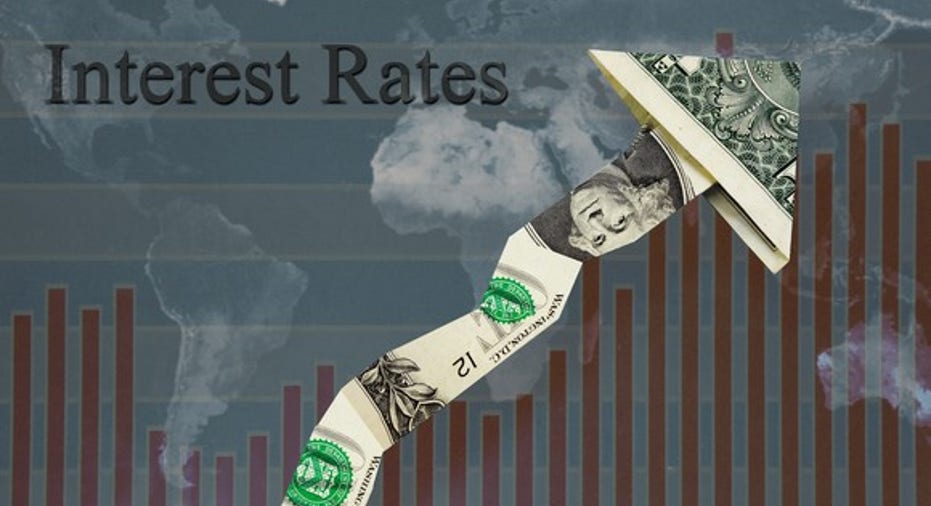Seeking Income as Rates Rise? Consider An Alternative to Dividends

As many try to position their investment portfolios for a rising interest rate environment ahead, income-minded investors may look to business development companies and related exchange traded funds.
For example, the VanEck Vectors BDC Income ETF (NYSEArca: BIZD) tries to reflect the performance of the MVIS US Business Development Companies Index, which includes publicly traded BDCs.
While most investors have been focused on dividend stocks, BDCs have been quietly producing high yields and may even offer more attractive valuations than traditional dividend payers.
BDCs provide attractive income opportunities for income seekers, with BIZD showing an 8.32% 30-day SEC yield. Business development companies generate robust yields since they are required to pay out 90% of income in the form of dividends, a structure similar to what income investors find with real estate investment trusts, or REITs.
The BDC segment is comprised of companies that essentially fund small $5 million to $100 million businesses. Since the financial crisis, regulators have clamped down on traditional lenders, making it harder for many businesses to access public capital.
Consequently, many smaller businesses turned to loans from BDCs as an alternative. BDCs act as an alternative to bank loan debt, helping smaller companies grow and profiting off the investments. In an expanding economic environment, BDCs should also benefit from stronger domestic businesses.
Looking ahead, BDCs should also do relatively well in the kind of environment where many expect an increase in interest rates. Since BDC loans are mostly floating rate, the companies could earn more as rates rise.
While the Federal Reserve continues to posture and options traders bet on a tightening monetary policy, other short-term rates are already inching higher. Most loans are tied to the London interbank offered rate, or Libor, which was hovering around 1.64%, compared to 1.02% a year ago. With Libor above 1%, the floating-rate feature for the loans are already setting in.
Some argue that BDCs are also seen as sensitive to higher interest rates, but that situation may be overstated. Since the debt is typically senior secured and set to float with interest rate benchmarks, there is diminished rate risk. When the Fed raises rates, BDC loan interest rates pegged to Libor will also rise.
Additionally, while the cost of leverage is rising with short-term rates, BDCs could see increased income generation since the companies often borrow at a fixed rate, so their funding costs would at least hold steady.
This article was provided courtesy of our partner at etftrends.com.



















